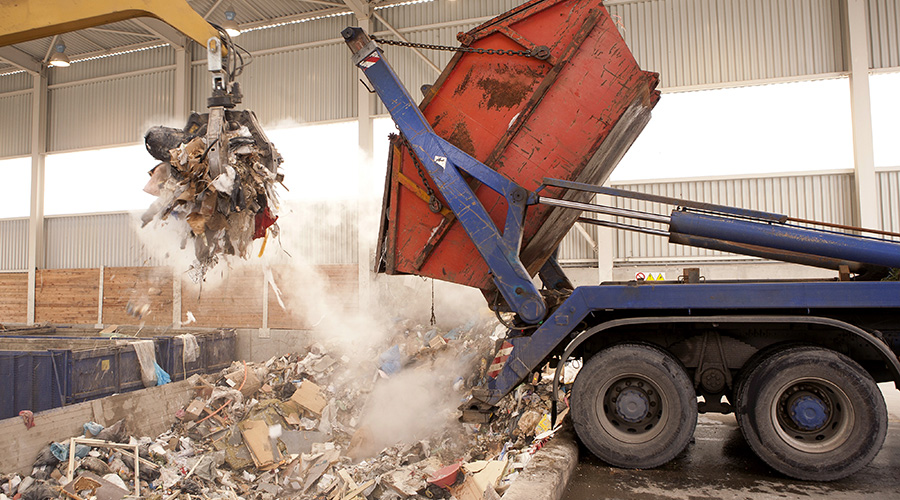Major U.S. Companies Not Forthcoming About Climate Change Risk
More than half of the nation's 500 largest publicly traded companies are doing a poor job of disclosing climate change risks to their investors, according to a report released by Ceres, a national coalition of investors, environmental groups and other public interest organizations, and Calvert, an investment firm.
More than half of the nation’s 500 largest publicly traded companies are doing a poor job of disclosing climate change risks to their investors, according to a report released by Ceres, a national coalition of investors, environmental groups and other public interest organizations, and Calvert, an investment firm.
The report found that less than half (47 percent) of the S&P 500 companies responded to a global survey last year by the Carbon Disclosure Project (CDP) requesting information about their climate risks and strategies, and those that did respond failed to provide much of the information investors are seeking. Nearly a third (30 percent) of the responders declined to publicly release their responses, calling them confidential.
“Many U.S. companies are still downplaying climate change and its far-reaching business impacts,” says Mindy S. Lubber, president of Ceres. “More-extreme weather events, regulatory changes and growing global demand for climate-friendly technologies are just a few of the ways that climate change will ripple across all sectors of the economy. Yet, many U.S. companies are not addressing these trends and are leaving investors in the dark about their strategies for mitigating those risks.”
Many companies in the retail, bank and insurance sectors provided insufficient climate disclosure to investors, even after suffering large financial losses from climate-related events, such as the 2005 hurricanes, according to the report. Lubber says that all companies should disclose their risks using the three most common disclosure mechanisms: SEC filings, CDP and sustainability reports using Global Reporting Initiative guidelines.
“All companies have a duty to provide shareholders with more analysis and disclosure on climate risks and their strategies for managing or mitigating those risks,” says Julie Fox Gorte, vice president and chief social investment strategist at Calvert. “Lower-CO2-emitting sectors and companies also face potential risks from new regulations, physical changes, and other climate-related impacts. Power and oil companies are improving their climate disclosure and it is now time for retailers, banks and telecommunication companies to start doing the same.”
"This report underscores the need for the SEC to take action to include climate risk as part of their Œmateriality‚ standard for corporate reporting, and for the companies of the S&P 500 to take heed,” says Howard Rifkin, deputy treasurer, State of Connecticut. “The good news is that a coalition of investors have developed a set of reporting guidelines - the Global Framework for Climate Risk Disclosure - that corporations can use."
Other key findings from the report include:
- Poor Greenhouse Gas Emissions Management: 80 percent of the 228 companies that responded to the survey (182 companies) addressed the need to reduce greenhouse gas emissions, but only a quarter (59 companies) disclosed measurable emissions reductions targets and specific time frames for reductions.
- Physical Impacts Not on Radar Screen: Nearly 75 percent of the responding companies (171 companies) acknowledged bottom-line risks associated with extreme weather events such as hurricanes, fires and floods. However, very few of the companies surveyed link more-extreme weather to climate change and fewer still - only four percent - disclosed strategies for mitigating and adapting to the growing physical impacts from climate change.
Related Topics:











